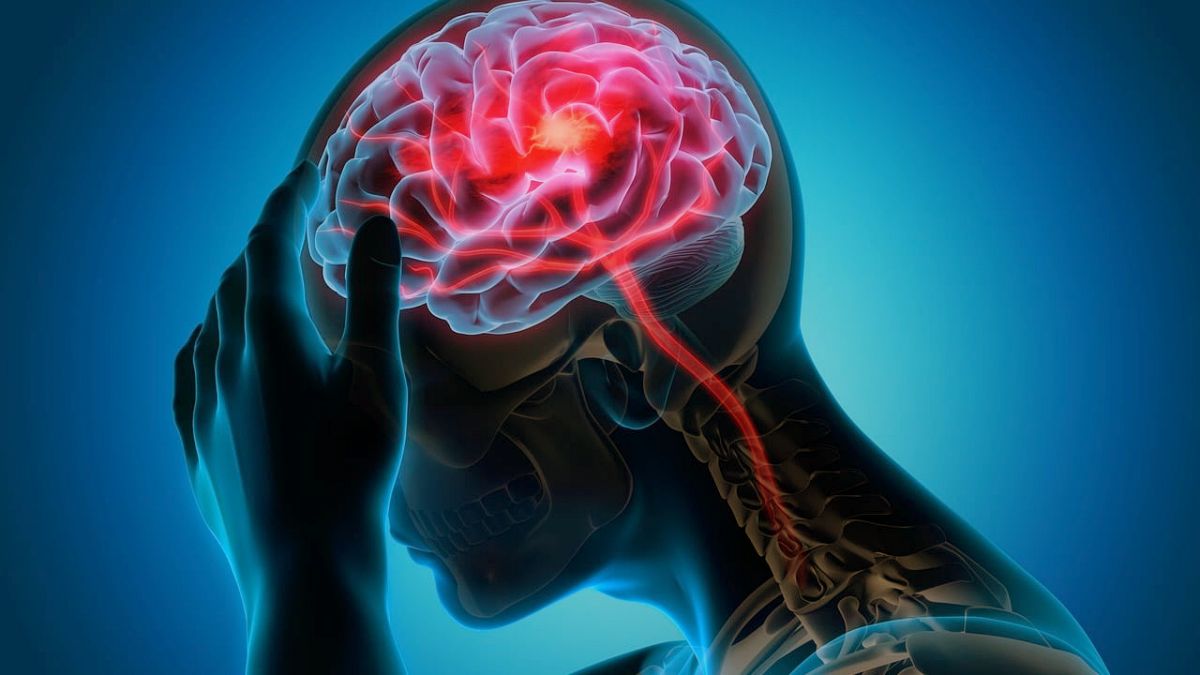Is Qi Real?
This is one of the most common questions I get. People are often surprised by my answer: qi is not an actual thing. There is no singular “life force energy”, not one that is the same substance every time it is mentioned. This is why no one will ever develop a test or a method to find it once and for all. A lot of Westerners with their understandable adherence to objective proof are underwhelmed by this answer. But if qi isn’t a thing, then why do I practice a system of medicine based around its existence?
Metaphorical Systems
The way I think of it, qi is a metaphorical placeholder for someone to easily talk about physiological functioning and/or anatomical relationships and/or pathological mechanisms. As discussed previously, a system of medicine based on pattern recognition of signs and symptoms can develop metaphorical systems. This works so long as using the metaphor continues to give reproducible positive results for diagnosis and treatment. A metaphor is something that is not real yet nonetheless true.
It is Many Things
Here are a few examples to show what I mean. Qing qi is defined as the energy we get from inhaling the air around us. Clearly, this directly equates to oxygen. Food qi is the energy we derive from food. Another direct relation, this time not referring to just to one molecule, but various types of molecules (carbs, fats, proteins). Then there’s lung qi, which is, among other things, the body’s ability to take in and properly distribute qing qi aka oxygen. So, for example, someone with COPD has poor lung qi, or someone stuffed up with allergies has blocked lung qi. Swimmers and cyclists at their peak have strong lung qi.
Many Things are It
Spleen/stomach qi describes the body’s food processing abilities. It’s not just your digestive enzymes, but all physiological functioning related to your digestive system. This includes pancreatic digestive enzymes, salivary amylase, esophageal peristalsis, gastric emptying, nutrient reabsorption, etc. It also refers to the balance of leptin, ghrelin, cortisol, IGF-1, and countless other terms. Even psychology gets involved. Ever have your mouth water just thinking about good food? How do you explain that quickly? I can talk about digestive functioning in long paragraphs mentioning numerous enzymes and hormones and their interlocking cascades and their relations to various anatomical structures from your mouth all the way through. Or I can just call it stomach qi. Especially if I still get good results using that system.
Using the Metaphor
With the metaphorical system of Chinese medicine, it doesn’t hinder the practitioner that sometimes it means one thing, sometimes another. Said in context to a fully trained Eastern medical specialist, they know exactly what is meant. That we do not have the set of objective words that Western science insists that we use to describe what is happening does not fetter my opinion that I know what it is and how I can work with it.
Want to learn more about your “qi”? Contact us today.
Who is Dr. Perez?
Dr. Dan Perez is both a Western-trained physician and a graduate of the AOMA Graduate School of Integrative Medicine. Based in Austin, Texas, AOMA is recognized as one of the leading schools in Chinese Medicine. Being both an expert in Western medicine and Chinese medicine, Dr. Perez offers his patients natural, minimally invasive and integrative medical options for treating a variety of chronic medical conditions.







